Hair, Skin, Nails and Knees
We all know menopause can alter our moods, weight and sleep, but one of the things we tend to sweep under the rug is menopauses’ impact on our appearance. With growing stress, increasing age and hormonal fluctuations, women often find that one day they wake up to find their once flowing hair has become fine and lost its shine, their nails are brittle, their joints are aching, and their skin has lost its youthful glow.
So, why does this happen?
What causes hair loss?
- Stress increases testosterone’s conversion into dihydrotestosterone (DHT), which weakens hair follicles and leads to hair loss.
- In menopause, lowered oestrogen can reduce the growth of hair and cause female pattern hair loss.
- Inflammation from food, stress or environmental toxins can cause poor circulation and reduce the blood flow to the scalp and hair follicles, reducing hair growth.
- Specific nutrient deficiencies can impact hair structure and growth. Vitamins and minerals such as iron, zinc, selenium, calcium, magnesium, silica, essential fatty acids and Vitamin D are crucial to healthy hair.
What causes skin aging?
- Collagen is an integral element that determines our skin elasticity and strength. Unfortunately, as we age, collagen decreases, leaving our skin susceptible to fine lines and wrinkles.
- Wrinkles can also be caused by stress, hormonal changes and dehydration.
What causes weak nails?
- Brittle nails can indicate several conditions such as thyroid disease, psoriasis, nutrient deficiencies or repeated trauma.
What causes weak knees?
- The structure and function of musculoskeletal tissues, such as tendons and ligaments, are dependent on collagen. We already know that aging causes collagen decline, which can lead to weakened tissues and joints.
- When there’s damage to connective tissues, it’s important to address nutritional requirements for the regrowth of tissues and fibres.
However, all is not lost with age, as altering your diet and making healthy lifestyle choices can alleviate menopausal symptoms and restore flowing hair, strong nails, glowing skin and mobile joints.
So, where to from here?
For hair loss:
- Diets rich in simple sugars, and processed foods are an indirect factor of excess hair loss. A menopausal diet should be rich in complex and low GI carbohydrates and fibre – including whole-grain bread, brown rice, peas, legumes and lots of vegetables.
- Hair growth and spread is primarily determined by protein consumption. Sources of protein include fish, meat, poultry, legumes, seeds, nuts, eggs and some grain products.
- Essential fatty acids contribute to healthy hormone production. I recommend including omega-3 fatty acids, found in fish, flaxseed and walnuts.
For glowing skin:
- A traditional cosmetic facial massage can increase blood flow to the skin and encourage lymphatic circulation.
- Make your plate as colourful as possible to protect against sun damage and oxidative stress. Specifically, the antioxidant beta-carotene is wonderful for skin health and is abundant in carrots, pumpkin, sweet potatoes, mango and papaya.
- Vitamin C is a co-factor for collagen, which means it helps the body produce collagen; essential for tissue repair and healing. Vitamin C-rich foods include citrus fruits, rosehip, guava and parsley.
For strong nails:
- Protein is essential for strong and healthy nails. Consume animal-based protein like lean meats and fish, as well as plant-based protein such as legumes.
- Biotin is a water-soluble vitamin that is essential for nail growth nails – biotin is in eggs, milk and walnuts.
For healthy knees:
- While damage to connective tissue was once believed to be irreparable, there’s now research indicating the contrary!
- A combination of a nutritious diet and exercise improves connective tissue function. Regular weight-bearing exercise, like yoga, Pilates and weights, is essential for regenerating healthy cartilage.
- Vitamin C deficiency is associated with poor collagen formation and delayed wound healing, so it’s essential to incorporate vitamin C into your diet.
- Focus on increasing foods rich in alpha-linolenic acid, like fresh vegetables, flax and pumpkin seeds, walnuts and cold-water ocean fish.
Want to find out more about supporting your body through this transition period? Please keep your eyes peeled for my Thrive Through Menopause Program coming in 2022. This program addresses the underlying drivers of menopause to help you reach balance again.
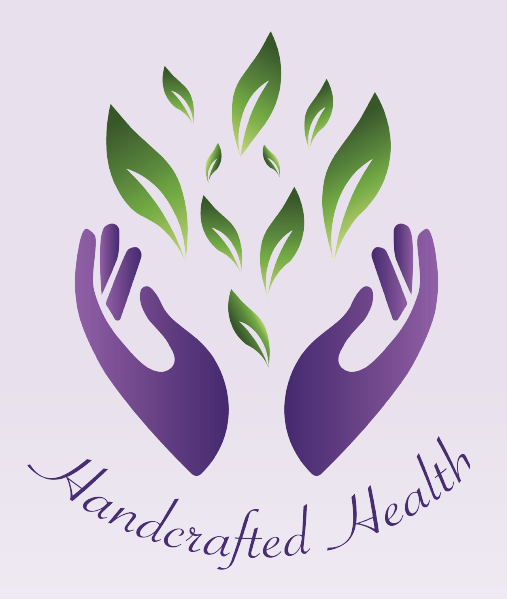


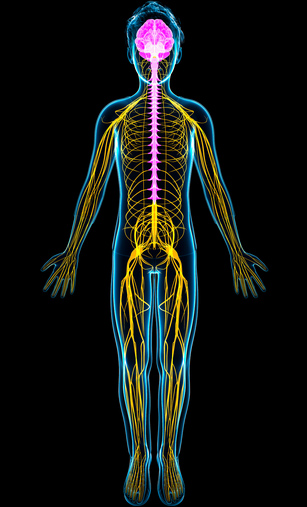
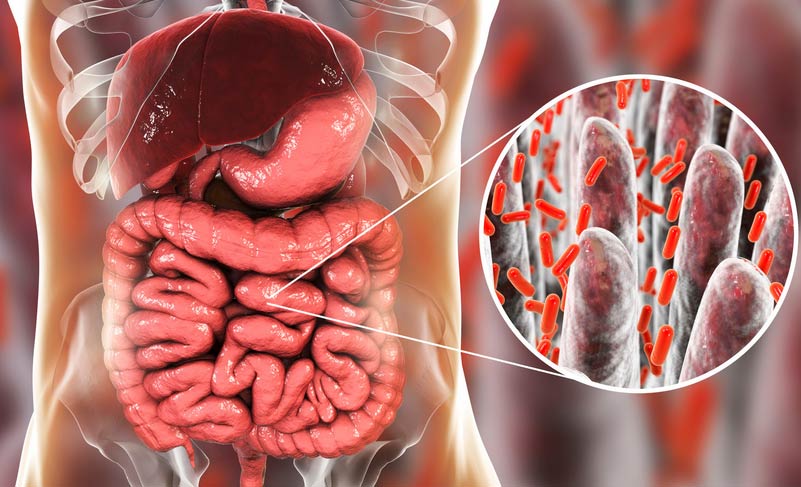
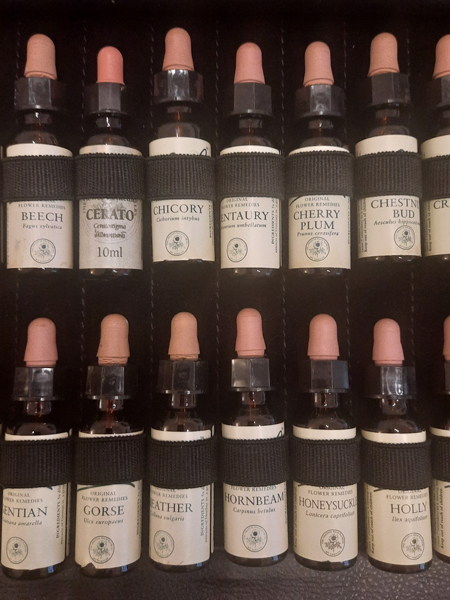
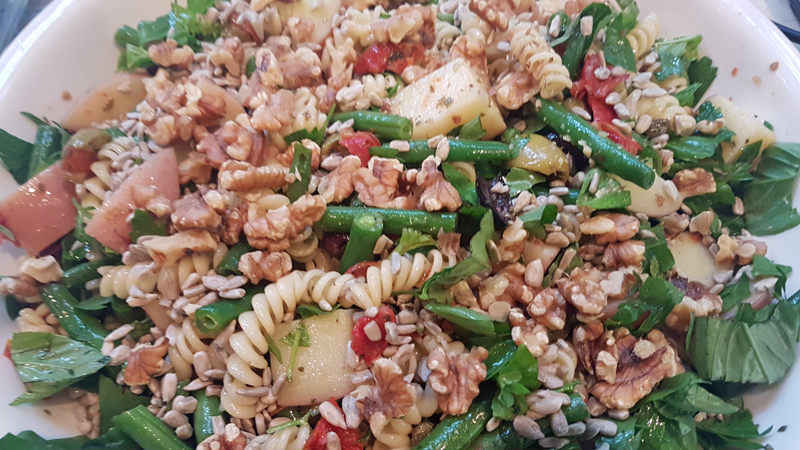
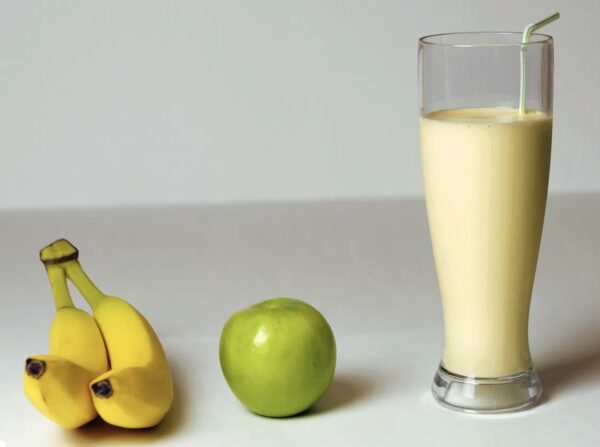
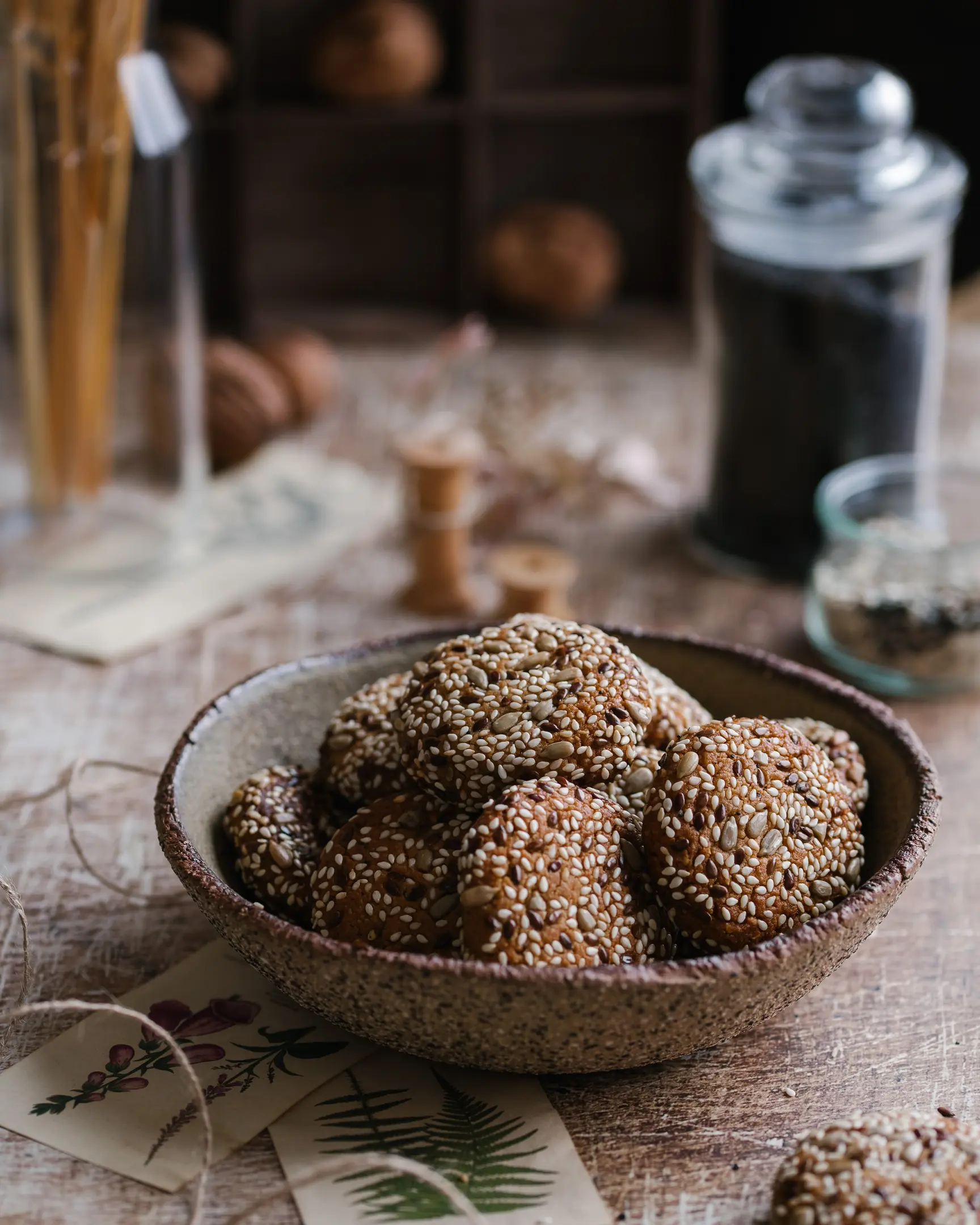
0 Comments